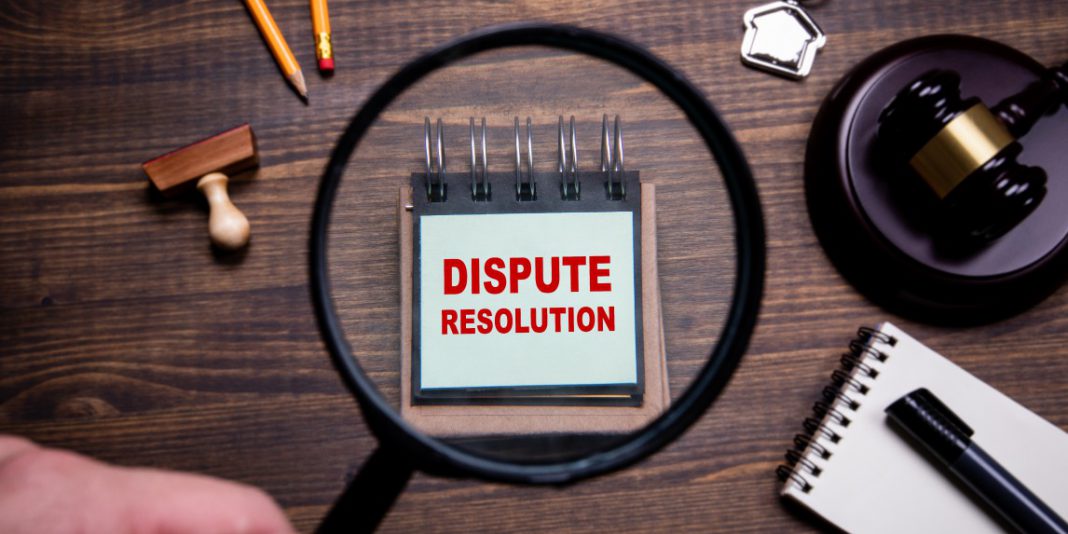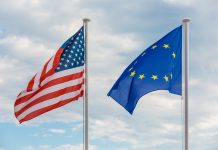The International Betting Integrity Association (IBIA) has announced its latest partnership with two arbitration bodies, the Independent Betting Adjudication Service (IBAS) and the eCommerce Online Gaming Regulation and Assurance (eCOGRA).
The alliance, which aims to establish measures of informing and advancing the customer betting dispute resolution decision-making process, relates to circumstances where customer winnings are not paid out during a period of time where a sporting event is under investigation.
Khalid Ali, CEO of the International Betting Integrity Association, explained: “The approach is aimed at improving information sharing on the status of suspended accounts linked to potential match-fixing. Sports have been supportive, which is vital as the process relies on feedback on their investigations.
“IBIA members want to do all they can to stop corrupters from benefiting financially and will continue to suspend accounts where appropriate. However, it is recognized that not all suspicious betting is corrupt and that innocent consumers should not be penalized.”
Prior to this partnership, consumers who found themselves in similar situations would have had to approach arbitration bodies and request updates from operators on each claim on a piecemeal basis throughout the year.
This process involved both considerable time and effort on the part of arbitration bodies and operators as select cases have previously been known to take over two years to be completed.
That said, this latest deal will now see this process evolve, with the IBIA now seeking updates on all outstanding cases of suspicious betting it has reported to sports twice a year, with the arbitration bodies then set to contact operators using the same timeline.
Richard Hayler, Managing Director of IBAS, added: “We welcome this considered and proportionate response to a problem that IBAS had raised with the IBIA. We are optimistic that the system will alleviate some of the difficulties previously caused where customer accounts and balances have been suspended – or bets left unsettled – for indeterminate periods, during which ADR providers could offer no practical advice or information to claimants.
“The solution developed by the IBIA will expedite this process. It will reassure our adjudicators that important investigations remain active and encourage operators and those investigating to review whether every bet on a suspicious event needs to be treated the same way. It showcases both the benefits of ADR providing feedback to the industry and the ability of collaborative work to deliver practical service improvements.”
The IBIA and its members, which make up a host of global operators, have agreed to this process, as have both the IBAS and eCOGRA, with the approach becoming effective as of the start of 2020.
“Tex Rees, Director of eCOGRA, concluded: “These initiatives have been much needed and provide clarity and consistency for consumers and operators alike. We appreciate the collaborative and inclusive approach the IBIA has taken, which demonstrates what can be achieved when the industry works together to provide practical solutions and raise standards.”














